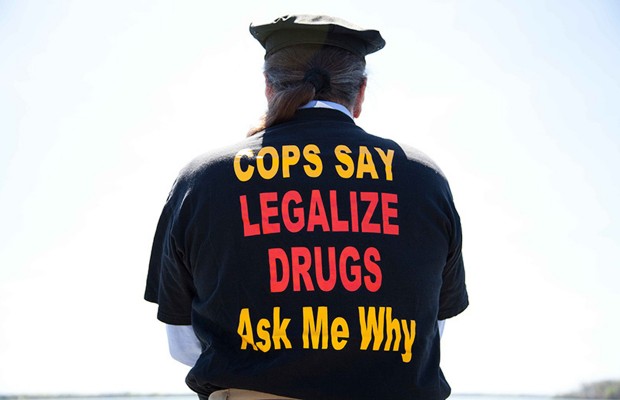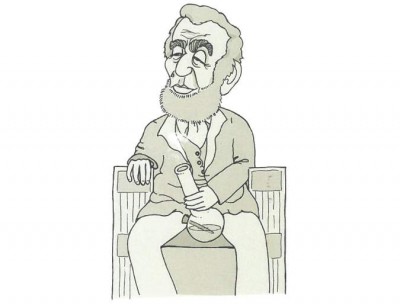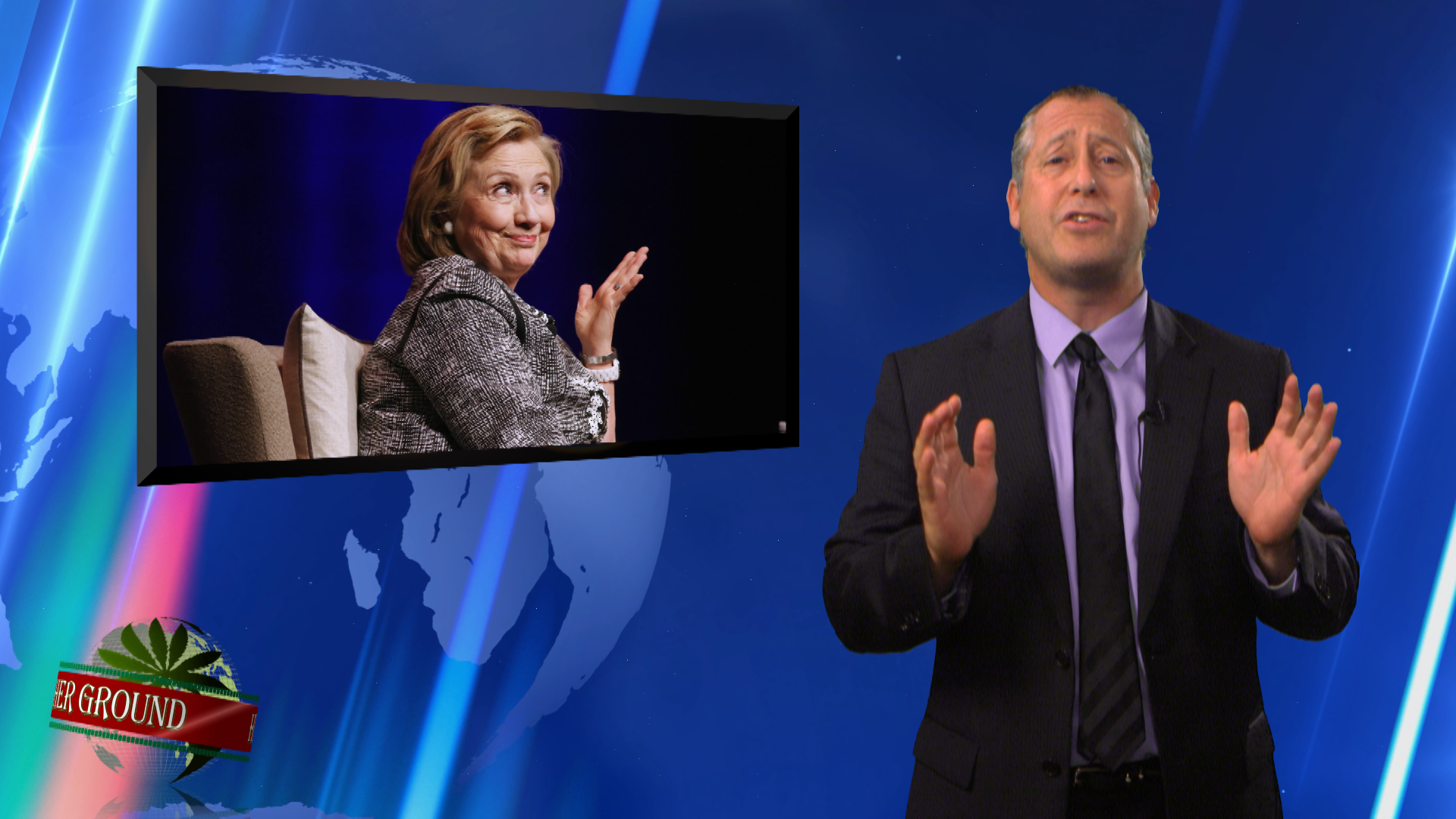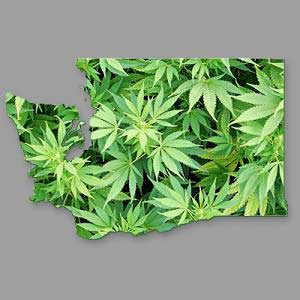Even Cops Say It’s Time to Legalize Drugs
When thousands of police veterans agree it’s time to end the War on Drugs and legalize marijuana, you know it’s time. Our interview with Law Enforcement Against Prohibition (LEAP) staff Neill Franklin (Exec. Dir.) and Diane Goldstein (Sec.).












